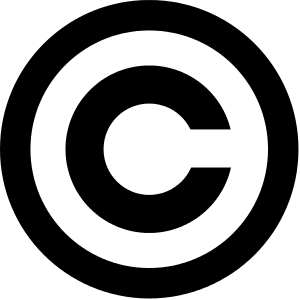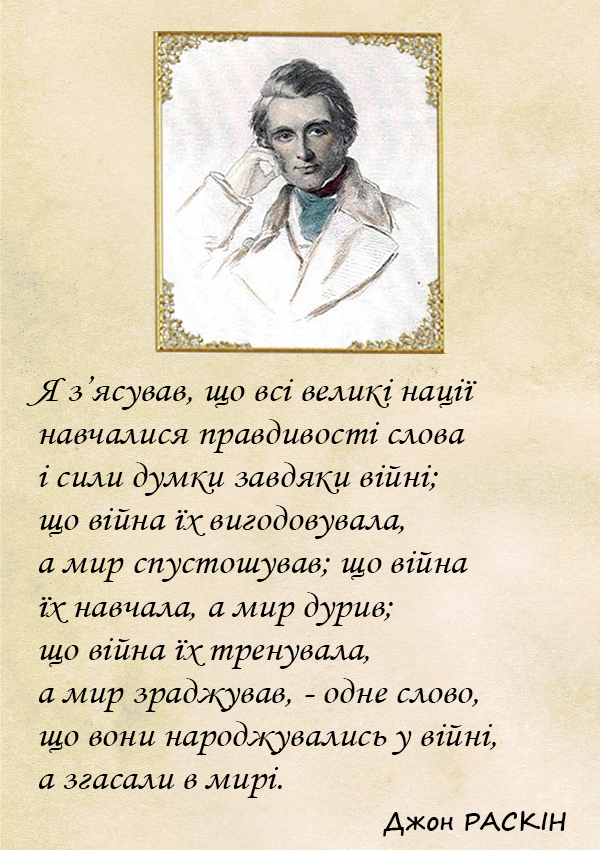
As we know, the Ukrainian legislation has weaknessess in the defense of the copyright. The consequences of its acting are used by different stingy people. So in this article I write about photo stealing, how photographers can achieve justice in Ukraine and what scandals were caused by the same issues abroad.
A copyright itself, mostly in the high-developed countries, is protected by many variety measures, but the “copy-paste” infection has been playing a bad joke with the authors who ingnore the copyright rules. Ones of the famous scandals were the following: “Photographer wins $1.2 million from companies that took pictures off Twitter”,
— reuters.com.
“Fashion model Jelena Noura “Gigi” Hadid was sued for the third time, on September 13, for copyright infringement for posting paparazzi photos to her social media accounts without the license or permission of the photographer”,
— IPWatchdog.com.
“Award-winning Australian photographer Lisa Saad has had numerous of her prestigious wins discounted after it was ruled her entries had been created using other photographers’ photos”,
— fstoppers.com.
“Lara Jade Coton was just starting out as a professional photographer when she discovered an adult film company lifted a self-portrait from her Deviant Art profile and used it as a DVD cover”,
— pixsy.com.
A much bigger problem with Intellectual Property in Ukraine. That’s why media lawyer Ali Safarov shared the tips at the Institute Mass Information page which may help to solve the confused troubles.
The main method is civil protection of infringed copyright in accordance with Articles 52 and 52-1 of the Law of Ukraine “On Copyright and Related Rights”. Such protection includes:
- appeal demanding the cessation of illegal actions;
- filing a lawsuit;
- in the case of distribution of the work on the Internet – out-of-court response (in particular, blocking the site).
Therefore, a pre-trial method of dispute resolution is usually used. This way is to submit a written appeal to the violator with the requirements:
- recognition and renewal of their rights;
- prohibit actions that infringe copyright and (or) related rights or create a threat of their infringement;
- termination of preparatory actions for infringement of copyright and (or) related rights;
- require the publication in the media of data on violations of copyright and (or) related rights and court decisions on these violations;
- require persons who infringe copyright to provide information about third parties involved in the production and distribution of counterfeit copies of works and the channels of their distribution;
- payment of royalties for the use of works.


























































Залишити відповідь